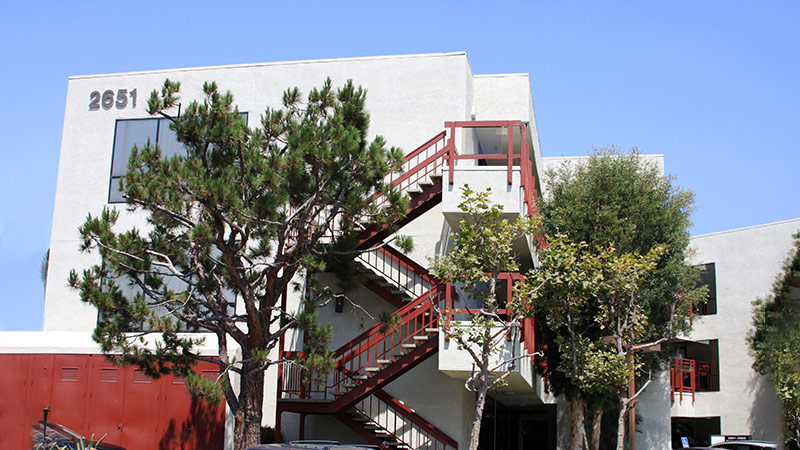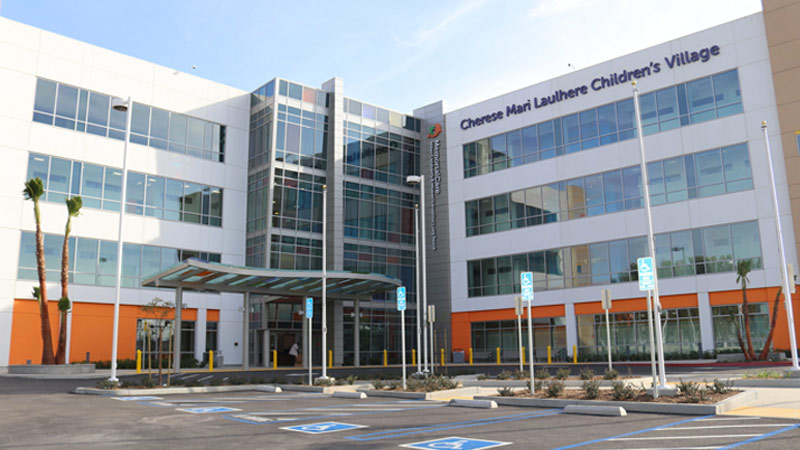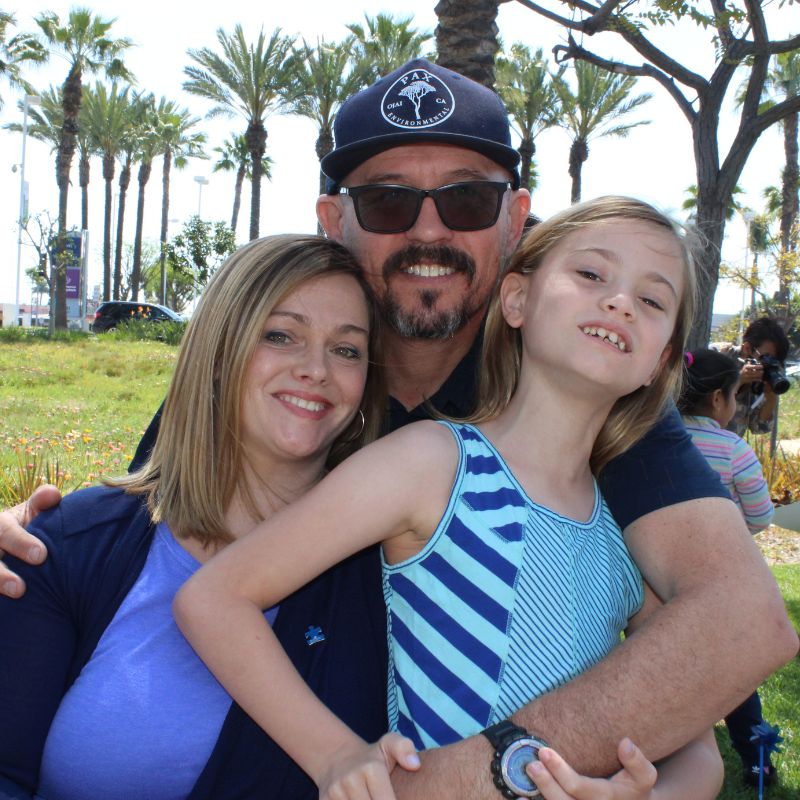The Stramski Children’s Developmental Center at MemorialCare Miller Children’s & Women’s Hospital Long Beach cares for children — from birth to age 21 — with behavioral and developmental conditions, such as autism, Fragile X, ADHD/ADD, Down syndrome, learning disabilities, behavioral sleep conditions and craniofacial abnormalities, like cleft lip and palate. The Stramski Center often serves as the transitional care center for infants and toddlers, who have developmental delays following hospitalization in either the Neonatal Intensive Care Unit or Cherese Mari Laulhere Pediatric Intensive Care Unit — many times following the child’s care for years.
The Stramski Children’s Developmental Center was founded in 1975 by Dr. Geraldine A. Stramski, a developmental pediatrician who recognized the need for a team approach to the multiple health issues so often encountered in children with developmental conditions. For nearly 50 years, the Stramski Center has continued to provide comprehensive care and create specialized programs that address the unique needs of our patients, thanks in part to the generous support of our community. Major donors for the Stramski Center include the Steel Magnolias – an all-volunteer organization based in Long Beach. Through an annual golf tournament, signature gala and other imaginative events, the Steel Magnolias have raised more than $5.7 million over 25 years to benefit children and their families treated at the Stramski Center.
Advancing Care through Research
The Miller Children's & Women's research team seeks to produce more meaningful, applicable discoveries that directly improve the health of women and children across our region, both in real time and for future patients.
Centers & Programs
The Behavioral & Neurodevelopment Program evaluates and coordinates care for children with developmental delay, cerebral palsy, autism, intellectual disability, attention deficit disorder, and other problems that may interfere with the typical mental, emotional, social and academic development of a child.
Our Craniofacial Program provides care to children with congenital birth defects (present at birth) such as cleft lip/palate, skull or ear problems and other craniofacial abnormalities, these anomalies are a group of congenital deformities in the growth of the head and facial bones, some of which are mild and others that are more severe and require surgery.
Our Stramski Center is home to Southern California’s only Fragile X Program. Fragile X is a family of genetic conditions that’s caused by changes in the same gene. Fragile X Syndrome is the most common known single gene cause of autism. Approximately one-third of all children diagnosed with Fragile X Syndrome also have some degree of autism. Clinical evaluations and treatments of patients with Fragile X is an important component of the Behavioral Neurodevelopment Program at the Stramski Center.
Parents may have questions or concerns about caring for their infant who is experiencing developmental delays or is transitioning out of the NICU. The expert developmental care team starts building a relationship with the family and the patient during their stay in the NICU and may continue through the age of 3. This ongoing care is provided in a warm, friendly environment.
Sleep disorders are common in children and often are underdiagnosed. According to the National Sleep Foundation, nearly 70 percent of children 10 and under experience some type of sleep problem. Children who have sleep disorders wake up often at night, which can negatively affect a child’s behavior and learning. The Stramski Children’s Developmental Center at Miller Children’s has one of the only accredited children’s sleep disorders programs in Southern California.
Your Care Team
Providers
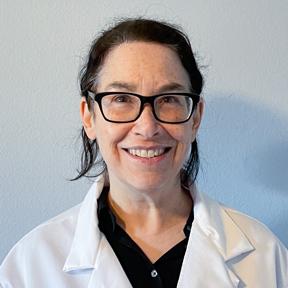
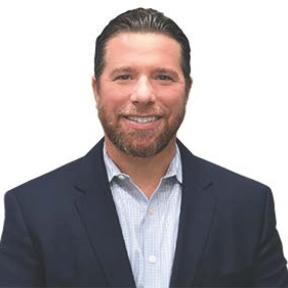
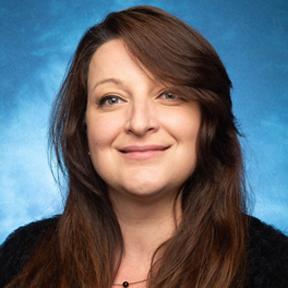
Other Team Members
A registered nurse with special training for providing primary health care, including many tasks customarily performed by a physician.
Nurse specialists are responsible for arranging authorizations for procedures, appointments, special tests and studies and communication among the child, family, school, primary care physician, team and others involved in the care of the child. The nurse specialist also assists the child and family in obtaining medical supplies, laboratory appointments and other care as needed.
Social workers are trained in psychotherapy and helps the child deal with a variety of mental health and daily living problems to improve overall daily life.
A psychologist supports the medical team through psychological assessments, appropriate referrals, treatment recommendations and support for the patients and their families.


